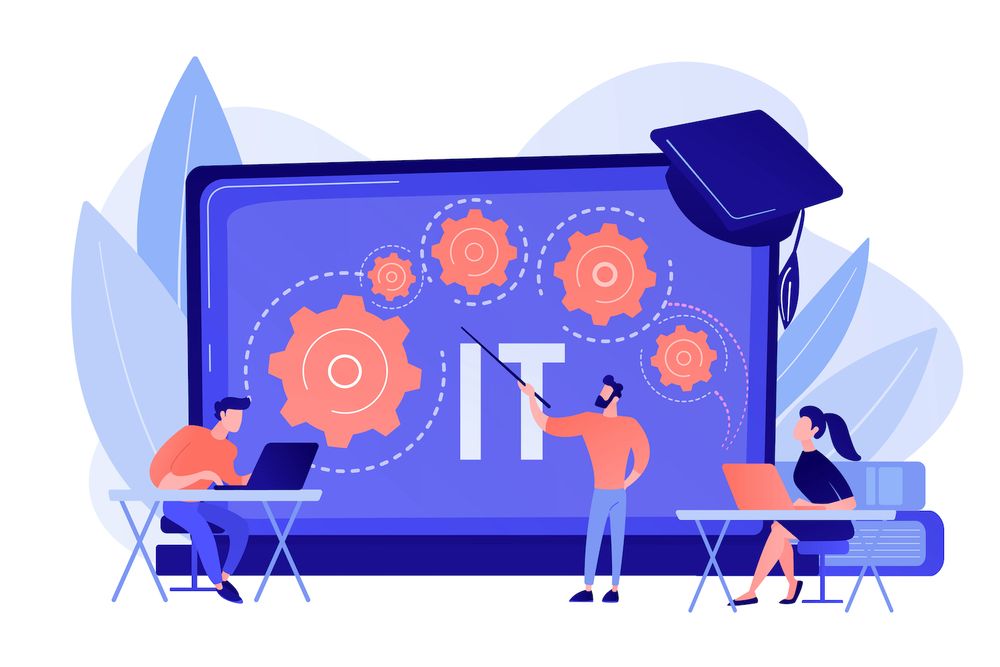The charming film puts the "art" in artificial intelligence.
What happens when you blend the power of an AI image-generating machine, an 98-year-old woman called Lillian as well as Harry Potter? It's called 'HAIRY POUTER,' a short film made by director Chris Carboni. It incorporates ever more whimsical AI-generated visuals along with a commentary on the classic novel by a hilarious nonagenarian.
"Lillian is my grandmother," says Chris. "She has always had a very close relationship and I've been recording her reviewing for around 10 or more years."
When AI image generators began to take over the internet at the mid-2022 point, Chris saw the stars collide to form a new venture that could leverage his many hours of recording and aid in understanding his connection to this new technology. "I was surrounded by conflicted feelings about [these generatorsthat I wanted to explore] and was searching for an opportunity to find out more about them," explains Chris. "At the moment I was talking with my mother-in-law who had just finished reading 'Harry Potter,' that I bought for her for her birthday as a gift."
The film began to come together with a nimble crew - "my grandmother along with my wife and me, as well as our sound designer and composer, that was the full team" - - and the rest is (futuristic) time. The capabilities of AI continue to evolve at the speed of light, we caught up with Chris Carboni and discussed the world of artistic and AI.
The quality of the images of this video is stunning. What were you using to get the outcomes?
Chris: Then we tried MidJourney as it was in its initial version. The first step was to enter Lillian's uncut words and then seeing what it would generate using just the words in the interview. We really liked the art design that it came up with through just a few rounds of regenerating images. Therefore, I had written down some hallmarks of the art direction based off this picture it produced.
I believe the first photo we got was Ron wearing his long, wavy hair. It was incredible. It was a bit of shoulders up and he clearly didn't have a shirt on. It was like he looked like a kind of beach-god. And then when we had an image of Harry and Ron together, it posed they were almost hugging and we were like, "Oh, this is wonderful."
The AI was allowed to create these fascinating theories, and once we found one we liked we coached the AI to follow that line, so that it would remain entertaining, and simple to follow.
Was it like applying AI to this very human story?
Chris: At the time I was making this film I was a bit of anxiety about AIin general]. However, I definitely enjoyed using it on this project. I believe that this was an excellent use-case for the project because the application of AI was fundamental to the overall story.
It was enjoyable, fascinating and memorable. It was a bit about the clumsy but charming connection between AI and human beings. The project was not one in which we decided not to invest in illustrators and decided to employ AI instead. It was a story where the use of artificial intelligence was foundational for the storytelling.
Do you feel you are comfortable with AI becoming a creative force?
Chris: There's certainly something appealing about it, however it's become a lot more difficult since the generators are so ubiquitous. The potential of these generators has been released and extended to the various applications. So, the topic has become a lot more complex than I think that it was once from my personal knowledge and opinions about it.
I think that anybody who works in a creative environment must find out the implications of this for their work, and be prepared to accept that things are probably going alter. Along with this change, will be opportunities for doing amazing new things, but also the automation of much of the work we creatives love. It does make me a little unhappy, if I'm honest. It worries me that art will be diminished and made more commodified than it already is.
Would you use this technology for your job in the near future?
Chris Chris: Well I enjoy making use of AI to enhance my emails and as a sort of personal assistant that can answer questions, giving explanations to complex concepts as well as handling repetitive jobs. For creative tasks but, I'm still not completely comprehend. It is certainly not my intention to use it in a way which would substitute human talent in my team. I believe that the results aren't as great.
Much of the work we do comes from collaborating with other people. A project produced from start to finish with AI is dependent on inputs from one person's brain. Sometimes, that could be okay however, more often than not, productions benefit from the expertise of a group of experts that work in tandem, each one bringing their unique knowledge and creative insights on the table.
The most compelling use cases I see are for generating preliminary ideas as well as kicking off the creative process. Perhaps for raising funds for an idea and displaying the initial concepts to get something off the ground. But for animation it is essential to have complete control over the details of the scene for creative and production-related reasons. The level of control you need is likely on the way however, it's not there yet.
